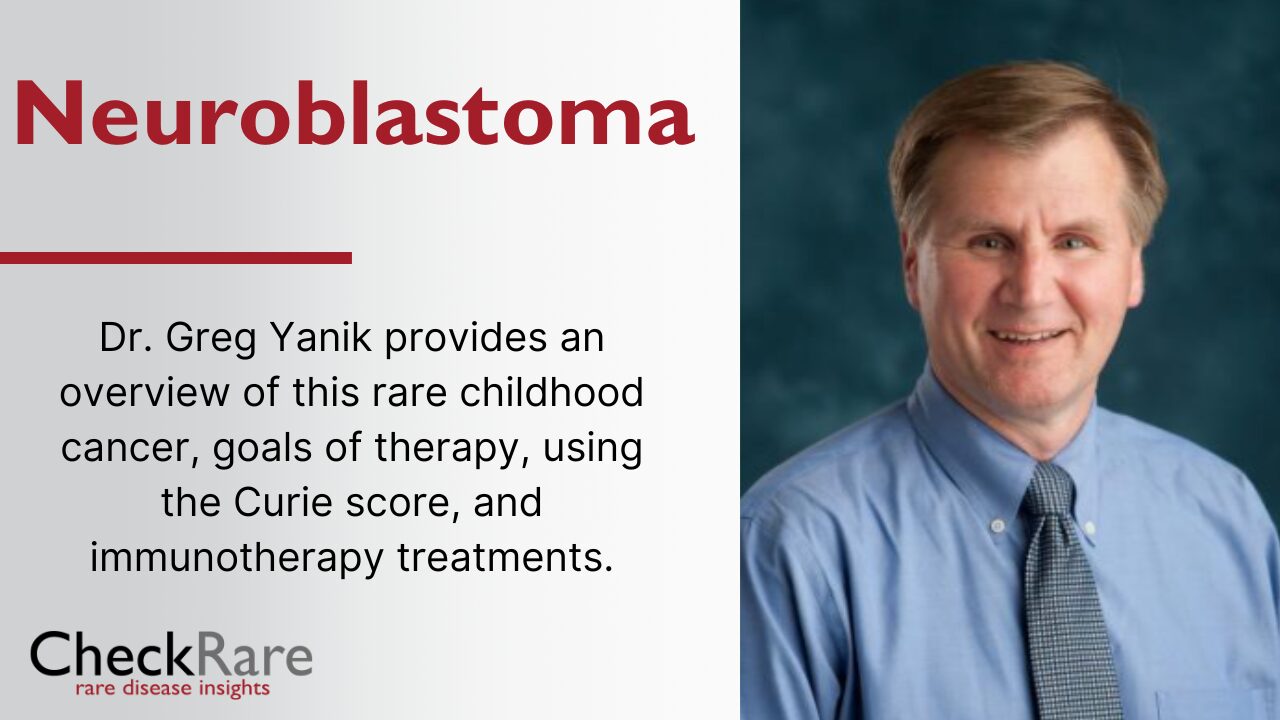Social Wall
New Educational Program: recently published guidance on best practices to diagnose, treat, and monitor patients with PFIC and why the new guidance recommends the early use of IBAT inhibitors.
...https://checkrare.com/progressive-familial-intrahepatic-cholestasis-pfic-diagnosing-treating-monitoring/
#CheckRare #PFIC #RareGenetic #RareHematology
Updates in IPF Chronic Cough From CHEST 2025
Ongoing Phase 3 Study of Paltusotine in Carcinoid Syndrome Due to Neuroendocrine Tumors
The Shift to Precision Medicine in Myasthenia Gravis
Long-Term Data From the AQUARIUS Study of Avacopan in Patients With GPA and MPA
Data on the RAISE Clinical Trial Program of Zilucoplan for the Treatment of Myasthenia Gravis
New Data on Vyvgart for Patients With AChR-Ab Seronegative Myasthenia Gravis
A Patient’s Diagnostic Journey With Systemic Mastocytosis
Results From the DeFi Clinical Trial of Nirogacestat in Patients With Desmoid Tumors
Results from the ElevAATe Clinical Trial of Efdoralprin Alfa for Patients With AAT Deficiency
Long-Term Analysis of Pimicotinib for the Treatment of Patients With TGCT
Results from the TEASE-2 Clinical Trial of Gildeuretinol in Patients With Stargardt Disease
The Role of Genetic Testing in Epilepsy Care
How Genetic Testing Impacted Diagnosis, Treatment, and Management of Epilepsy
New Treatment Option (SAT-3247) for Duchenne Muscular Dystrophy Shows Promise in Early Phase Trial
Early Results From the CHORD Clinical Trial in Otoferlin-Related Hearing Loss
Lynch Syndrome: A Patient’s Experience With Genetic Testing and Increased Risk of Cancer
Watch the DAYBUE® (trofinetide) in Practice Video Series to hear expert insights on the first treatment for Rett syndrome.
https://checkrare.com/watch-the-daybue-trofinetide-in-practice-video-series-to-hear-expert-insights/
#CheckRare #RettSyndrome #Daybue #RareGenetic
Ipsen’s Current Rare Disease Therapies: Approved and In Development
CME: Transforming Clinical Outcomes with Early Treatment of Lysosomal Disorders
Learn more at https://checkrare.com/learning/p-transforming-clinical-outcomes-with-early-treatment-of-lysosomal-disorders/
#CheckRare #CME #RareLysosomal











Consider Rare: Suspecting and Diagnosing CIDP
CheckRare November 15, 2025 7:04 am